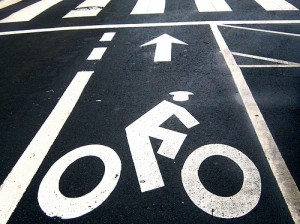Martin Luther King Jr.’s dream has a place in hip-hop — but it wasn’t always that way “King’s absence makes sense to some. ‘The philosophy of nonviolent protest or redemptive suffering runs counter to the confrontational tone of so much hip-hop,’ says Adam Bradley, co-editor of the groundbreaking ‘Anthology of Rap’ (Yale University Press)…Even Common, for all of his use of King’s iconic speech, agrees. ‘Malcolm just represents more of the . . . the fire of hip-hop,’ he said.” (The Washington Post)
Returning to the ‘hood “But, my criticism of Brown and other middle-class blacks is that far too many of them have abandoned their neighborhood schools, fleeing to charters or out-of boundary DCPS facilities. Their exodus leaves communities, particularly those in Wards 5, 7 and 8, bereft of important leadership critical to significant and lasting reform.” (Washington Examiner )
Should UDC finally be able to take money the feds give D.C. kids to go someplace better? “The D.C. TAG program was established to compensate for the fact that D.C. didn’t have a quality four-year institution of higher learning. UDC, however, contends that it’s on the road to becoming one, and that students should be able to use their TAG money there. ‘It blows my mind,’ says UDC spokesman Alan Etter, of UDC’s singular ineligibility. ‘You want to go riot about something, that’s something to riot about…It puts the city in peril. We’re paying people to go away and not come back.’ (Washington City Paper)
Continue reading





